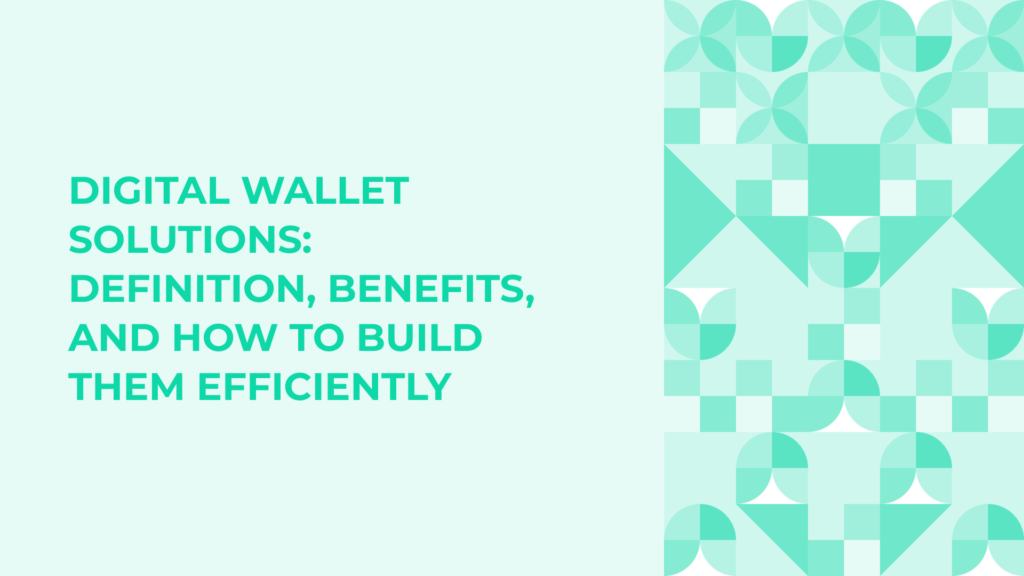In the rapidly evolving landscape of the European real estate market, where sustainability and resilience are becoming increasingly pivotal, the European Union’s Green Deal, Taxonomy Regulation, and the Sustainable Finance Disclosure Regulation (SFDR) serve as guiding lights for investors. Against the backdrop of high-interest rates and significant market adjustments, innovative investment strategies are aligning with the EU’s ambitious sustainability goals, spotlighting the potential for substantial impacts in the realm of sustainable real estate investment.
The EU Green Deal: Charting a Sustainable Course
The EU Green Deal, a bold initiative aimed at steering the EU towards climate neutrality by 2050, is reshaping the real estate sector’s approach to investment and development. “The real estate sector is at a pivotal moment, influenced not just by the economic landscape but significantly by the environmental imperatives set forth by the EU Green Deal,” notes Arturs Miezis, Managing Partner at Hanseatic Alternative Investments AIFP. This transition towards sustainability is not only a response to regulatory mandates but a strategic move to position investments for long-term growth and resilience.
The Hanseatic Sustainable Residential Real Estate Fund, under the stewardship of Hanseatic Alternative Investments AIFP, is a prime example of how investment funds can thrive by embracing the principles of the Green Deal. By focusing on energy-efficient and environmentally friendly properties, the fund is not just adhering to the EU’s regulatory framework but is actively contributing to the transformation of the real estate market towards a sustainable future.
Tackling Market Volatility with Sustainable Investment Strategies
The European Union has made significant strides in sustainable finance through the SFDR Regulation , introducing a legal framework that classifies investment funds into Article 8 and Article 9 categories. Article 8 funds, or “light green” funds, promote environmental or social characteristics by integrating ESG factors into their investment decisions, appealing to investors keen on supporting sustainability goals without committing entirely to sustainable investments. On the other hand, Article 9 funds, dubbed “dark green” funds, have a dedicated objective of sustainable investment, aiming to generate a positive environmental or social impact alongside financial returns, focusing on direct contributions to climate change mitigation or social inclusion.
This classification system under the SFDR marks a critical advancement in guiding investors towards more sustainable options, aligning with the EU’s broader environmental objectives. By ensuring transparency in funds’ sustainability goals and investment strategies, the EU’s legal framework empowers investors to make informed decisions aligned with their sustainability preferences. This initiative not only fosters the growth of sustainable finance but also supports the redirection of capital towards investments that facilitate a transition to a sustainable economy, reflecting a significant legal shift towards embedding sustainability at the heart of financial activities.
Sustainability: A Catalyst for Enhanced Returns
Aligning with the EU Green Deal and the broader ESG regulatory framework, the Hanseatic Fund illustrates the potential for sustainable investments to generate enhanced returns. “Investing in sustainable real estate is not just about meeting regulatory benchmarks or ethical standards; it’s about recognizing the inherent value and long-term profitability of properties that align with future sustainability criteria,” Arturs Miezis emphasizes. This strategic focus ensures that investments are resilient, attractive to a growing demographic of environmentally conscious consumers, and positioned for growth in a market increasingly defined by sustainability.
Conclusion: Pioneering Sustainability in Investment Strategies
As the real estate sector continues to adapt to the intertwined demands of market dynamics and sustainability imperatives, Hanseatic Alternative Investments AIFP stands out with its forward-looking approach. The Hanseatic Sustainable Residential Real Estate Fund exemplifies how aligning investment strategies with the EU’s sustainability goals is not only a strategic necessity but a compelling opportunity for investors. Through adherence to the EU Green Deal, Taxonomy Regulation, and SFDR, Hanseatic is pioneering a new paradigm in real estate investment, where sustainability and financial success are intrinsically linked, heralding a new era of investment that benefits both the planet and the portfolio.


























